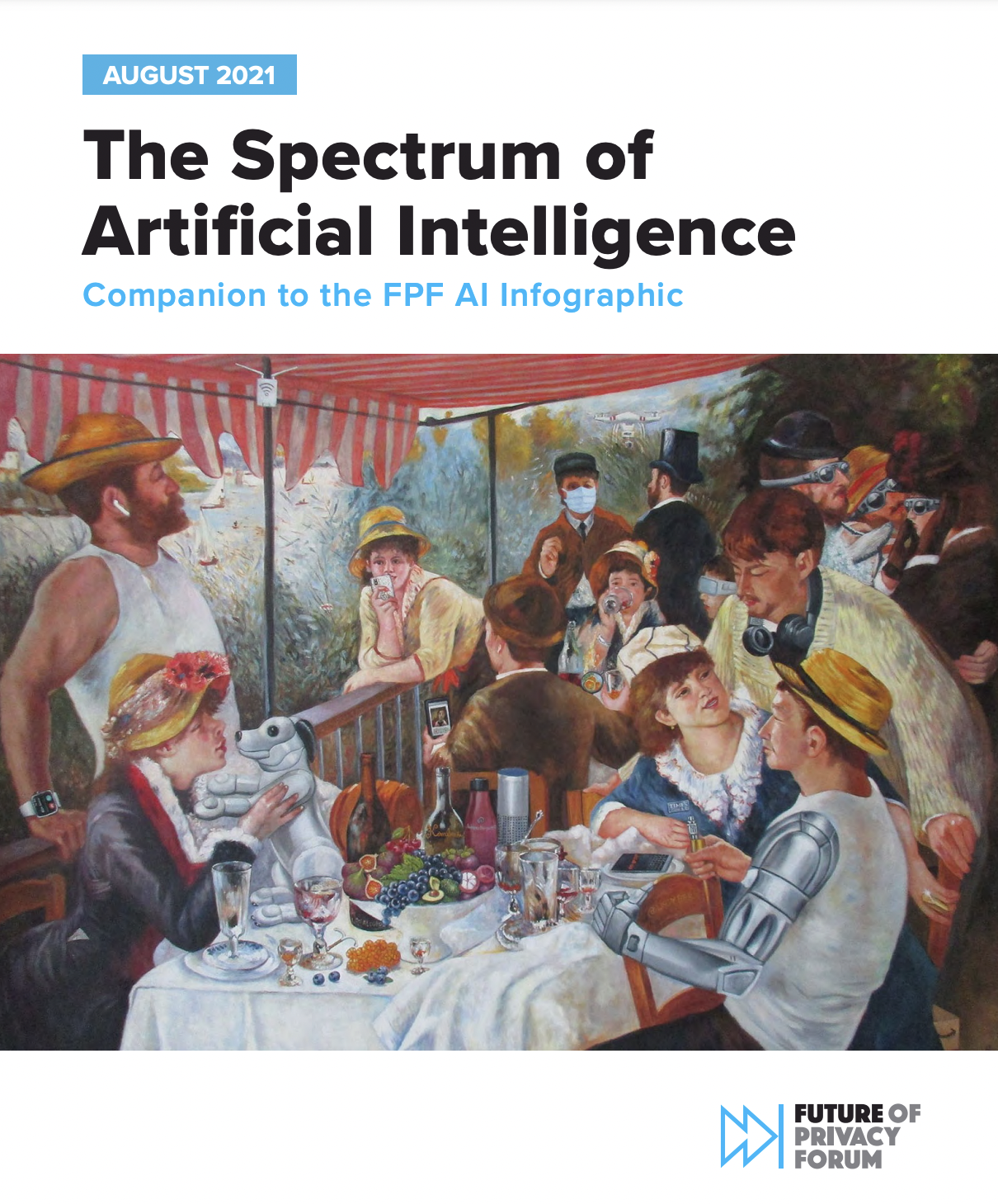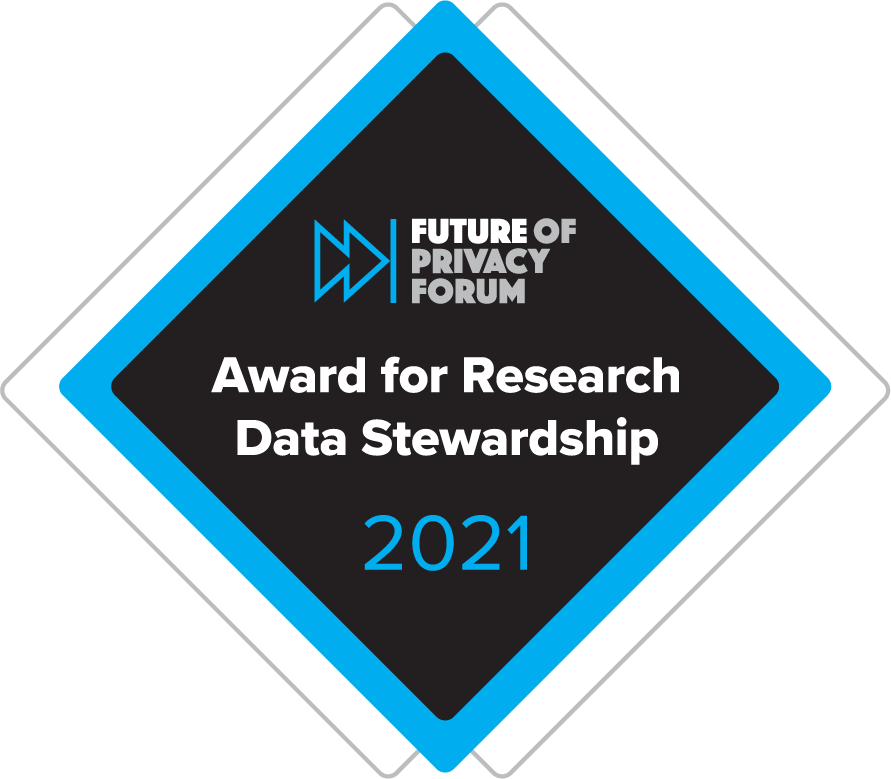
The Spectrum of AI: Companion to the FPF AI Infographic
This paper outlines the spectrum of AI technology, from rules-based and symbolic AI to advanced, developing forms of neural networks, and seeks to put them in the context of other sciences and disciplines, as well as emphasize the importance of security, user interface, and other design factors.

Now, On the Internet, EVERYONE Knows You’re a Dog
Digital identity systems vary in complexity. At its most basic, a digital ID would simply recreate a physical ID in a digital format, whereasa fully integrated digital identity system would provide a platform for a complete wallet and verification process, usable both online and in the physical world.

At the intersection of AI and Data Protection law: Automated Decision-Making Rules, a Global Perspective (CPDP LatAm Panel)
On Thursday, 15th of July 2021, the Future of Privacy Forum (FPF) organised during the CPDP LatAm Conference a panel titled ‘At the Intersection of AI and Data Protection law: Automated Decision Making Rules, a Global Perspective’. The aim of the Panel was to explore how existing data protection laws around the world apply to profiling and automated decision making practices.

Insights into the Future of Data Protection Enforcement: Regulatory Strategies of European Data Protection Authorities for 2021-2022
The Future of Privacy Forum released a report that brings “Insights into the future of data protection enforcement: Regulatory strategies of European Data Protection Authorities for 2021-2022”. The European Data Protection Authorities (DPAs) are arguably the most powerful data protection and privacy regulators in the world, having been granted by the European Union’s General Data […]

Uniform Law Commission Finalizes Model State Privacy Law
This month, the Uniform Law Commission (ULC) voted to approve the Uniform Personal Data Protection Act (UPDPA), a model bill designed to provide a template for uniform state privacy legislation. After some final amendments, it will be ready to be introduced in state legislatures in January 2022. The ULC has been engaged in an effort […]

What the Biden Executive Order Means for Data Protection
Last week, President Biden signed an Executive Order on “Promoting Competition in the American Economy” (“the Order” or “the EO”), published together with an explanatory Fact Sheet. The Order outlines a sweeping agenda for a “whole of government” approach to enforcement of antitrust laws in nearly every sector of the economy. Although there is a […]

Stanford Medicine & Empatica, Google and Its Academic Partners Receive FPF Award for Research Data Stewardship
The second-annual FPF Award for Research Data Stewardship honors two teams of researchers and corporate partners for their commitment to privacy and ethical uses of data in their efforts to research aspects of the COVID-19 pandemic. One team is a collaboration between Stanford Medicine researchers led by Tejaswini Mishra, PhD, Professor Michael Snyder, PhD, and […]

Research from Stanford Medicine and Empatica, Inc: Early Detection of COVID-19 Using Empatica Smartwatch Data
Tejaswini Mishra, PhD, Michael Snyder, PhD, Erika Mahealani Hunting, Alessandra Celli, Arshdeep Chauhan, and Jessi Wanyi Li from the Stanford University School of Medicine’s Department of Genetics, and Empatica Inc. are the recipients of the second-annual FPF Award for Research Data Stewardship. The collaboration between the research team from Stanford Medicine and Empatica, a medical […]

FPF Issues Award for Research Data Stewardship to Stanford Medicine & Empatica, Google & Its Academic Partners
WASHINGTON, DC (June 29, 2021) – The second-annual FPF Award for Research Data Stewardship honors two teams of researchers and corporate partners for their commitment to privacy and ethical uses of data in their efforts to research aspects of the COVID-19 pandemic. One team is a collaboration between Stanford Medicine researchers led by Tejaswini Mishra, PhD, Professor […]

India’s new Intermediary & Digital Media Rules: Expanding the Boundaries of Executive Power in Digital Regulation
The majority of these provisions were unanticipated, resulting in a raft of petitions filed in High Courts across the country challenging the validity of the various aspects of the Rules, including with regard to their constitutionality.
